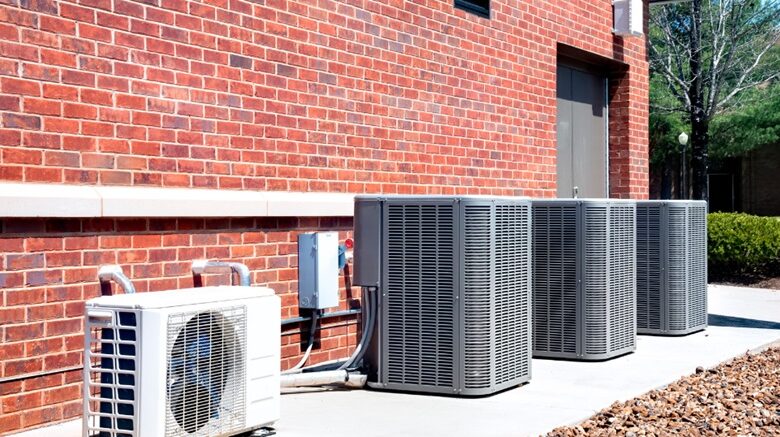The Role of HVAC Systems in Maintaining Optimal Humidity Levels

Humidity plays a crucial role in maintaining indoor comfort and health. An effective HVAC system works diligently to regulate humidity levels, ensuring that they remain within a comfortable range. High humidity levels can lead to a variety of problems, including mold growth, musty odors, and respiratory issues. Conversely, excessively low humidity can cause dry skin, irritate allergies, and even damage furniture and electronic devices. Thus, it is essential to understand the role of HVAC in Alpharetta in managing these moisture levels effectively.
How HVAC Systems Regulate Humidity
HVAC systems employ a variety of methods to control humidity. One of the primary ways is through air conditioning, which not only cools the air but also helps to remove excess moisture. As warm, humid air passes over the evaporator coils, condensation occurs, effectively lowering the air’s humidity before it is recirculated back into the space. This process is crucial, especially during the hot and humid months experienced in Alpharetta.
In addition to air conditioning, many HVAC systems are equipped with dehumidifiers. These devices work by extracting excess moisture from the air, helping to maintain optimal humidity levels. When integrated into the HVAC system, dehumidifiers can operate alongside the air conditioning to enhance comfort and prevent humidity-related issues. To learn more about how HVAC systems work, check out this detailed guide.
Benefits of Proper Humidity Management
There are numerous advantages to effectively controlling humidity. Maintaining optimal humidity levels significantly improves indoor air quality, creating a healthier living environment. The relationship between humidity and temperature is intricate; hence, a balanced HVAC system not only enhances comfort but can also lead to lower energy costs. By using energy-efficient systems, homeowners can achieve enhanced comfort while minimizing their environmental footprint.
Moreover, when humidity levels are well-managed, it helps to protect the structural integrity of a home. Excess moisture can compromise building materials and promote the growth of mold and mildew, which can lead to costly repairs and health concerns. Therefore, implementing the right HVAC solutions is key for long-term home maintenance.
Conclusion
In summary, the importance of humidity control in HVAC systems cannot be overstated. By paying close attention to humidity levels, homeowners can enhance their indoor air quality and overall comfort. Harnessing the capabilities of HVAC in Alpharetta provides indispensable benefits, including improved health, energy efficiency, and a well-maintained home. Consider exploring this informative article for more insights on how HVAC systems affect indoor air quality and health.
Frequently Asked Questions
1. What is the ideal humidity l0evel for a home?
The ideal indoor humidity level typically ranges from 30% to 50%. Maintaining this range helps promote comfort and health.
2. How can I check the humidity level in my home?
Using a hygrometer, you can easily measure the humidity level in your home to ensure it is within the recommended range.
3. What should I do if my humidity levels are too high?
If humidity levels exceed 50%, consider using a dehumidifier or adjusting your HVAC system settings to help reduce moisture. Regular maintenance of your HVAC system can also prevent excess humidity.

